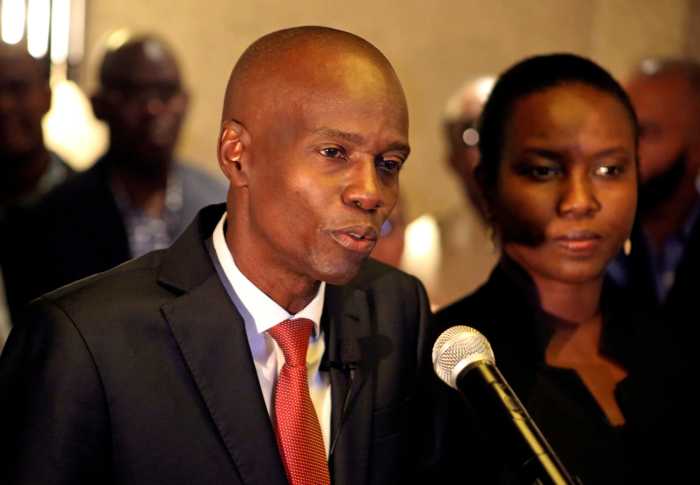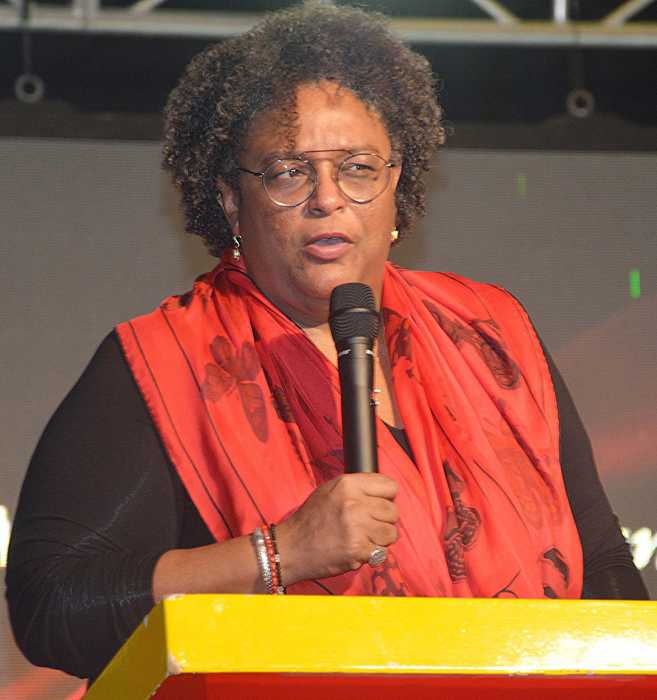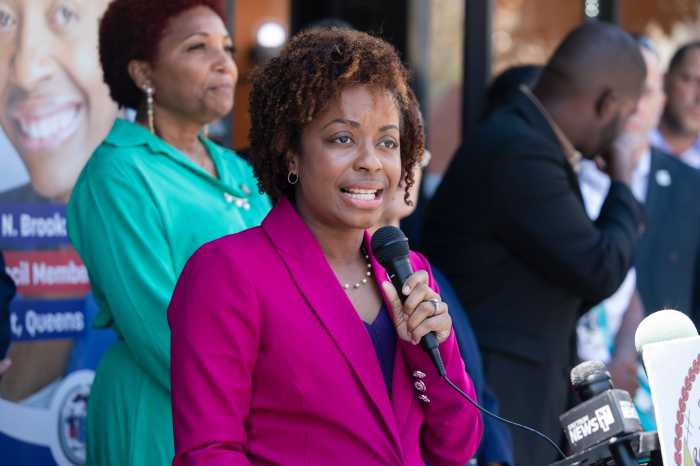When CARICOM leaders appointed three former prime ministers to a special group to interface with strife-torn Haiti, hopes were high for a breakthrough in the political deadlock that has left the country functioning without a single democratically elected official.
The so-called eminent persons group (EPM) comprising former Jamaican Prime Minister Bruce Golding, Kenny Anthony of St. Lucia and Perry Christie of The Bahamas had in June presided over a meeting with more than 50 Haitian stakeholders in Jamaica and back then, the three did say that they were encouraged by the tone of the deliberations.
But now, the group and the regional leadership are complaining that too many of the participants from the talks in Jamaica and a second session held in Haiti on Sept. 4 have made a complete about face and are now calling for the resignation of interim Prime Minister Ariel Henry, the controversial political figure trying to hold the weakening political threads of Haitian society together.
The result is that the three former heads of government have vented their frustration to CARICOM and appear to be signaling that the road ahead for any CARICOM-brokered solution is going to be extremely tough, challenging and frustrating.
The Haitians have persistently insisted that they want CARICOM, which the country joined at a Guyana summit back in 2002, to be the lead grouping interfacing bloc with Haitian stakeholders rather than western nations which have pillaged and sabotaged Haiti for centuries, mainly for daring to win its independence from France via a successful military operation against French invading forces. The EPG says it is disappointed with the latest developments in Haiti following the early September visit to the country.
“The group was, however, disappointed that the tone of the discussions had hardened and that the positions of some stakeholders had regressed significantly, reflected in the strident calls for the resignation of the prime minister. These developments coincided with the alarming deterioration of the security situation in Port-au-Prince in August and the deepening of the humanitarian crisis in the country,” the EPG said in a statement issued by the Guyana-based CARICOM Secretariat late Monday.
“In this impaired political environment, the agreed commencement of intensive mediation meetings with reduced groups of participants was delayed by the setting of conditions and non-compliance with the agreed limits on the number of persons to be present in a new phase of intensive mediation.”
The group said that a third round of talks via video conferencing is scheduled to begin this week but there appears to be yet another struggle looming for the ex-prime ministers as various participating groups are now trying to insert additional players into the sessions despite a previous agreement on actual numbers. In person sessions will also be arranged if stakeholders so request.
“The EPG remains hopeful that with determination, goodwill and a recognition that the interests of the people of Haiti must be the overriding concern of all stakeholders, a solution can be found to restore Haiti on a path of constitutionalism and democracy. The EPG is tasked with meeting with Haitian stakeholders to support dialogue on finding a solution to the ongoing crises facing the country, elections and governance.
The turmoil in Haiti has worsened ever since President Jovenel Moise was assassinated at his home two years ago by hired gunmen. Most of the elected officials have since resigned, leaving the country effectively without a parliament, any elected official and a very damaged and controversial PM in Ariel Henry who many groups want to see the back of.

























